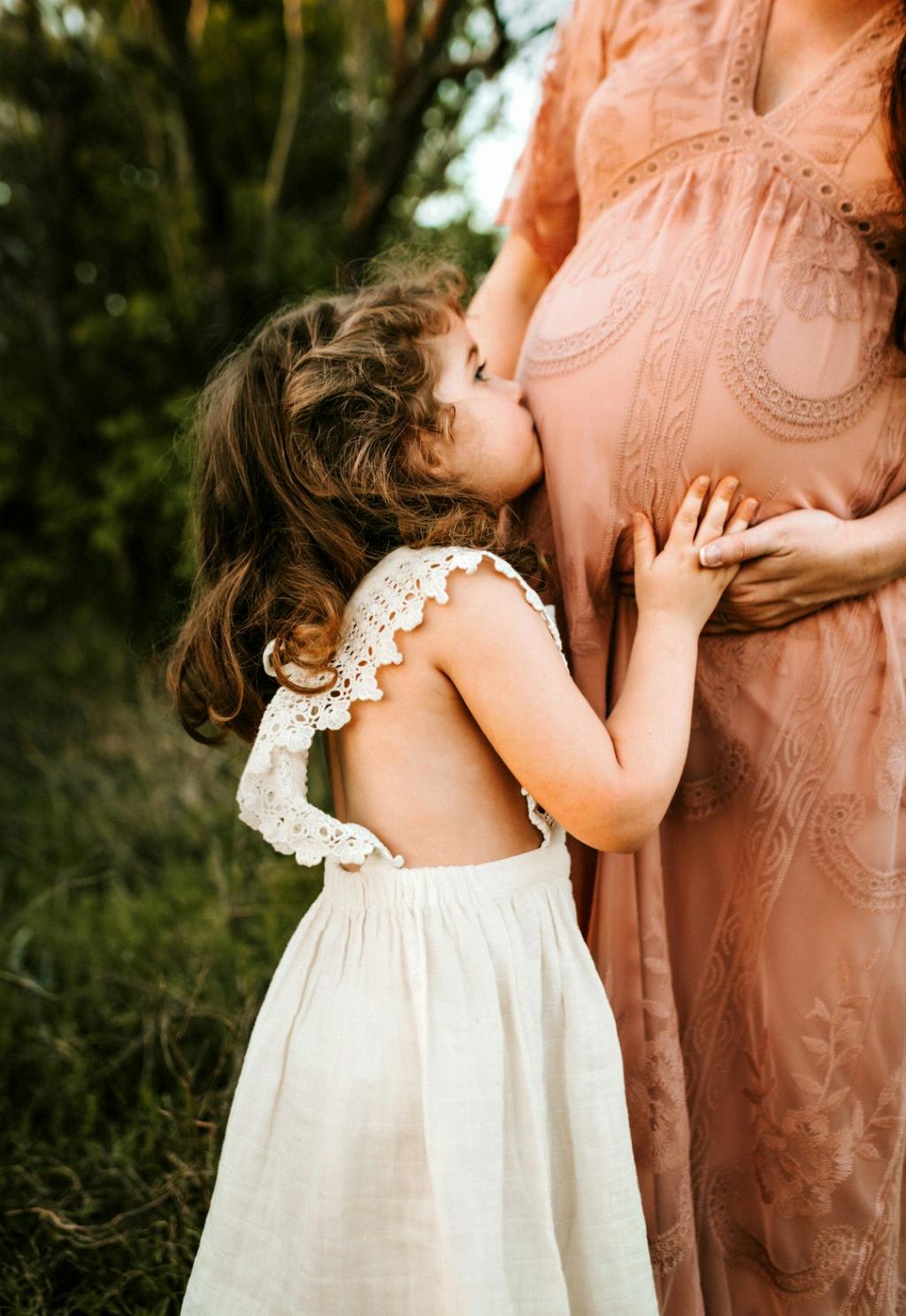At the four-week mark of your pregnancy journey, your body is going through significant changes as it prepares to nurture and support the developing embryo. This early stage is crucial for the baby’s growth and sets the foundation for the rest of your pregnancy.
Implantation Bleeding
One of the earliest signs you might experience at 4 weeks pregnant is implantation bleeding. This light spotting occurs when the fertilized egg attaches itself to the uterine wall. While it can be alarming, this is a normal part of the pregnancy process.
Bloating and Discomfort
Many women notice bloating and mild discomfort around this time due to hormonal changes and increased blood flow to the pelvic area. Your uterus is beginning to expand to accommodate the growing embryo, which can lead to feelings of fullness or tightness in the abdomen.
Nausea and Morning Sickness
Some women may start to experience early signs of morning sickness at 4 weeks pregnant. Nausea, vomiting, and food aversions can be prevalent during the first trimester as hormone levels fluctuate. If you’re feeling queasy, try eating small, frequent meals and staying hydrated.
Fatigue and Exhaustion
Feeling more tired than usual is a common symptom at this stage of pregnancy. Your body is working hard to support the developing embryo, which can leave you feeling drained and in need of extra rest. Listen to your body and prioritize sleep when you can.
Emotional Rollercoaster
Alongside physical changes, you may also notice emotional ups and downs at 4 weeks pregnant. Hormonal shifts can impact your mood, leading to feelings of excitement, anxiety, or even mood swings. It’s essential to practice self-care and communicate your emotions with your support system.
Breast Changes
Your breasts may start to feel tender, swollen, or sensitive as early as 4 weeks pregnant. Hormonal fluctuations prepare your body for breastfeeding, causing changes in breast tissue and increased blood flow. Wearing a supportive bra can help alleviate discomfort.
Increased Urination
As your body adjusts to pregnancy, you might find yourself making more trips to the bathroom. Increased urination is a common symptom due to the expanding uterus putting pressure on the bladder. Stay hydrated and take bathroom breaks as needed.
Heightened Sense of Smell
Many women report a heightened sense of smell during early pregnancy, which can lead to food aversions, nausea, or sensitivity to certain odors. If strong scents bother you, try to avoid them and opt for well-ventilated spaces.
Cravings and Aversions
At 4 weeks pregnant, you may start to develop food cravings or aversions. Your changing hormones can alter your taste preferences, leading to sudden desires for specific foods or an aversion to smells that previously didn’t bother you. Embrace these changes and listen to your body’s cues.
Overall Wellbeing
Throughout this early stage of pregnancy, remember to prioritize your overall wellbeing. Eat a balanced diet, stay active with gentle exercises, attend prenatal appointments, and seek support from your healthcare provider or a prenatal counselor. Taking care of your physical and emotional health is essential for a healthy pregnancy.
Seeking Support
If you have any concerns or questions about what you’re feeling at 4 weeks pregnant, don’t hesitate to reach out to your healthcare provider. They can offer guidance, reassurance, and medical advice to ensure a smooth and healthy pregnancy journey. Remember, each pregnancy is unique, so trust your instincts and prioritize self-care as you navigate this exciting time.

